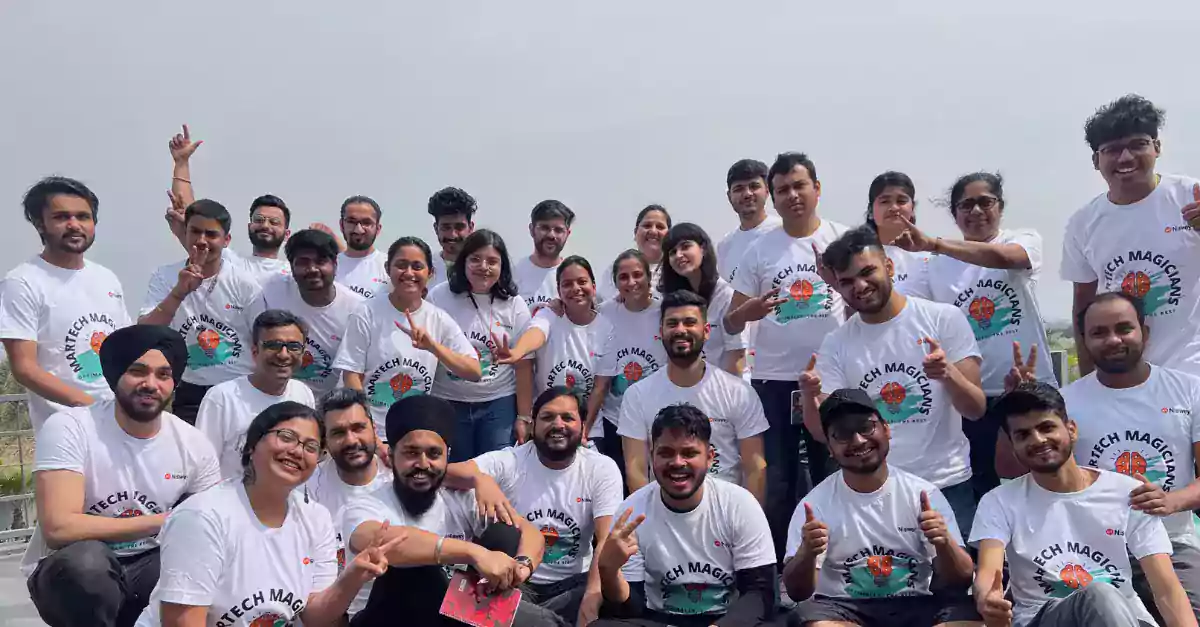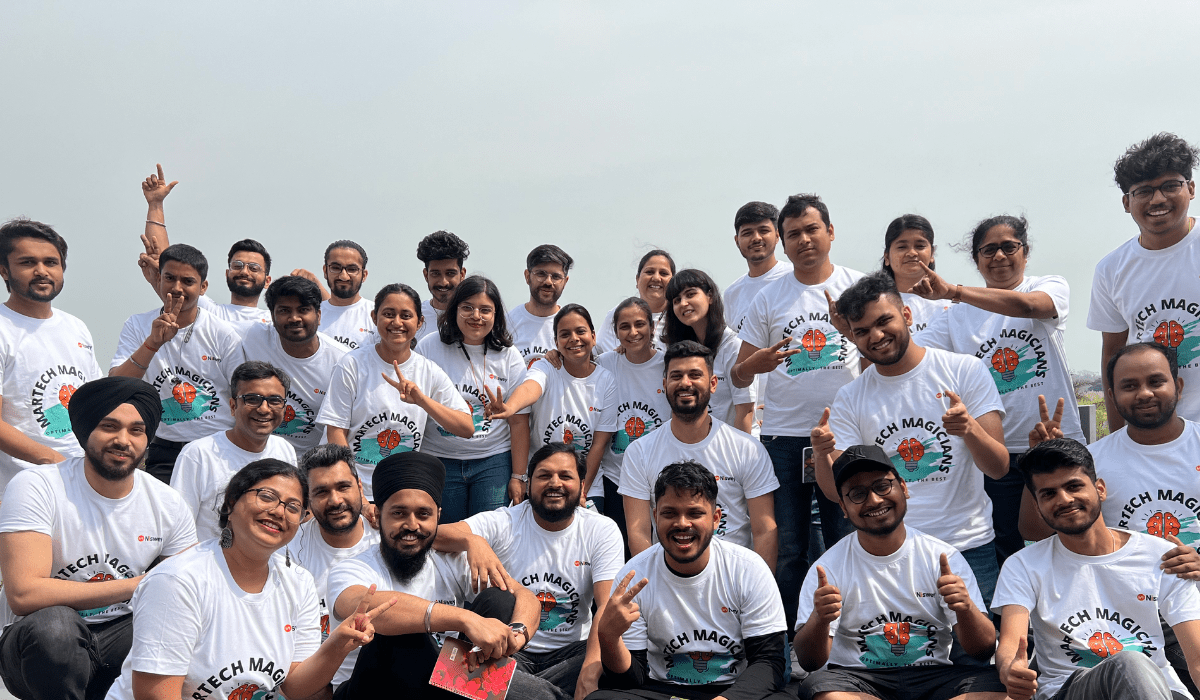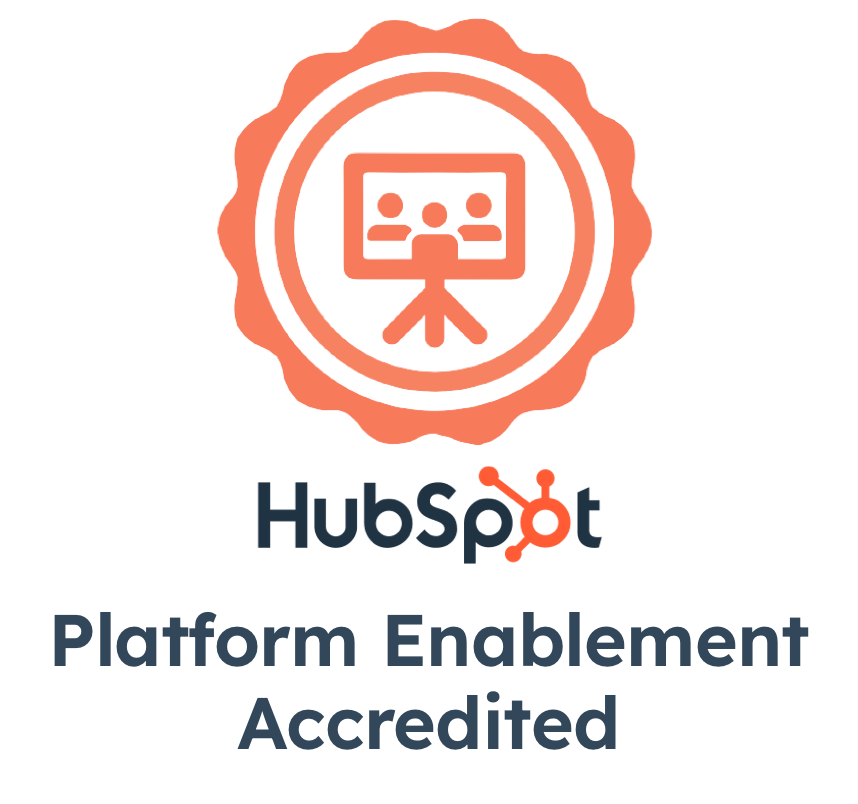A few days back, one of my favorite startups, Buffer, posted about what they’ve got wrong about self managing teams. In their case, what seems to have happened is that most of the people were clueless as to what they should be doing. This would happen in a case where there is no leadership. And that, is one of the most crucial parts of a flat organization. A flat culture means no managers, but does not mean no leadership.
It’s been 18 months since we implemented the flat organization concept. Here’s how it has panned out for us. (Copied from the comment I made on the blog post on Buffer)
About 18 months ago, we had an organization-wide discussion (at Niswey) and we decided to go flat too. I am happy to share that, so far, it’s worked for us.
Here’s what we did/happened when we went that route:
- A few people, who could not adapt, quit
- The rest, adapted and are very happy in this environment and are still there
- We started talking about it and put it up explicitly on our careers page that we work in this fashion.
- As a result of #3, we started filtering out CVs who were not interested in such a culture, made our hiring process easy as we had to interview lesser people
- Over a period of time, we started getting profiles who were good self-managers
- Importantly, we ensured that there is guidance and leadership available – all the time.
So, we started doing more trainings on soft skills like – time management, customer oneness, creating goals and building systems to achieve them, decision-making skills etc.
Like you’ve (Leo from Buffer) mentioned, new joiners (or even existing people who were new to the concept) could get a little lost, but at no point did we let go of the mentorship. There was a strong induction process built (which by the way we call Incubation – as it essentially prepares you to manage your own startup) which ensured that newbies would be on their toes from day 1. And it’s not that people would not fail, but the support system (of other people) would help them in getting back on their feet.
As an agency (serving clients), it was even more difficult for us to implement as clients always wanted one point of contact – which we can’t avoid. So that person becomes the Project Owner (PO) and would manage the client but internally, the project owner never needs to be a manager. There are various teams; content, social, SEO, etc., and the PO just takes stock of the situation every month before the client review.
Yes, on a day to day basis, the PO drives the daily standup. But that’s about it.
Rest, people are on their own. The leadership ensures whatever resources are needed (books, training, etc.) are made available.
In my 18 month experience, my learning has been that the leadership has to ENABLE the people. Once they are empowered, results become visible.
Although we never recorded our session at Niswey, Hamid from Axosoft did, and interestingly, discussed the same points that we’d discussed when we first spoke about the flat concept. If you’re interested in flat organizational structure, you should view this short video. Thanks Hamid.













